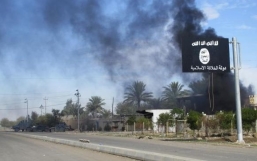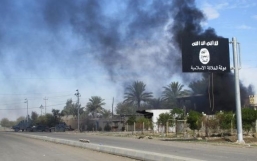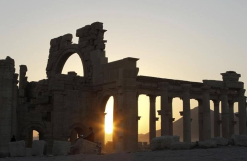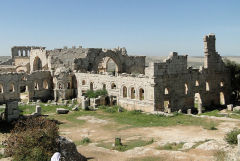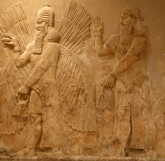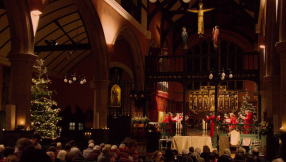A site thought by some to be the location of the Garden of Eden described in the biblical book of Genesis has been named a UNESCO World Heritage Site.
Iraq's southern marshlands, the Ahwar of Southern Iraq, are "unique, as one of the world's largest inland delta systems, in an extremely hot and arid environment", Unesco said.
The wetlands, which once sprawled across more than 7,000 square miles, are much smaller than they once were. Saddam Hussein drained most of the water in the 1990s for fear they would be used by rebel groups for cover.
According to The Atlantic, however, the area has "slowly recovered since" and the new protections offered by UNESCO's announcement will mean that it is preserved for years to come.
The area is made up of seven sites – three archaeological sites and four wetland marsh areas, UNESCO said on Sunday.
"The archaeological cities of Uruk and Ur and the Tell Eridu archaeological site form part of the remains of the Sumerian cities and settlements that developed in southern Mesopotamia between the 4th and the 3rd millennium BCE," it said.
Ur is considered by many to be the city of Ur of the Chaldees mentioned in the Bible, which is believed to have been the birthplace of Abraham and his brother Haran.
Iraqi Prime Minister Haider al-Abadi praised UNESCO's descision to protect the marshlands and vowed that Iraqi culture would continue to flourish "despite the destruction and demolition of Iraqi heritage and antiquities by barbaric terrorist gangs".
Islamic State has previously raided a number of world heritage sites including the ancient fortress city of Hatra in northern Iraq.
UNESCO head Irina Bokova in 2015 accused ISIS and other militant groups of "cultural cleansing" through the "systematic destruction" of important historical sites.
Earlier this year, activists reported that a Russian airstrike had damaged a Syrian monastery, which was designated a World Heritage Site in 2011. The monastery near Aleppo is dedicated to St Simeon Stylites and is the world's oldest surviving Byzantine church.










